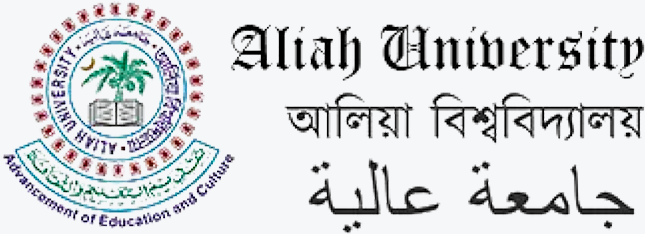Journal of Educare
Published by Department of Education
Volume-2 Issue-1, 2025
Published By: Dept. of Education, Aliah University
Published By: Dept. of Education, Aliah University
NEP 2020 AND THE FUTURE OF EARLY CHILDHOOD CARE AND EDUCATION IN INDIA: CHALLENGES AND OPPORTUNITIES
Affiliation:Diamond Harbour Women’s University, Purba Medinipur, West Bengal
Author(s): Kanika Das & Arpana Singh
Corresponding Author Email:daskanika0035@gmail.com
ISSN No: 3048-9652 (Online)
Year: June, 2025 | Volume: 2 | Issue: 1 | Page No: 81-91
Anganwadi, Early learning, Education, National Education Policy 2020, Sustainable Development Goal
Education is a dynamic process through which necessary changes in society are attained. The overall development of any country and nation is possible through education. The future of any country mostly depends on the various research conducted in the field of education of that country and the proper application of its valuable results in the right field. Children are the foundation of any nation. In India, NEP 2020 is the 1st educational policy of the 21st century. The New Education Policy of India emphasizes producing human beings with traits and virtues like courage, rational thinking, action, knowledge, compassion, empathy, creative attitude and proper vision towards life. Early childhood education is a key pillar of the whole education system. Therefore, NEP 2020 significantly focuses on the field of ECCE. NEP 2020 recognizes that every child needs to be included in ECCE to facilitate India’s future success and prosperity. This literature review synthesizes key studies examining the delivery of ECCE through India's Integrated Child Development Services (ICDS) and the reforms proposed under the National Education Policy (NEP) 2020. While ICDS has played a pivotal role in combining nutrition, health, and preschool education for over four decades, NEP 2020 shifts the focus toward foundational literacy, cognitive development, and curricular integration. Previous research reveals both convergence and conflict between these frameworks, especially in areas such as governance, workforce capacity, and curriculum implementation. This paper explores the different aspects of ECCE in the light of NEP 2020 and suggests ways to improve the quality of ECCE in the future. The review tries to attract the attention of the Indian Government to adopt a unified approach for aligning ICDS to NEP and organise the ECCE programme in such a way that combines the strengths of health, nutrition, and education for holistic child development in India.

